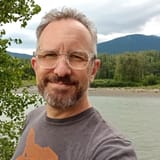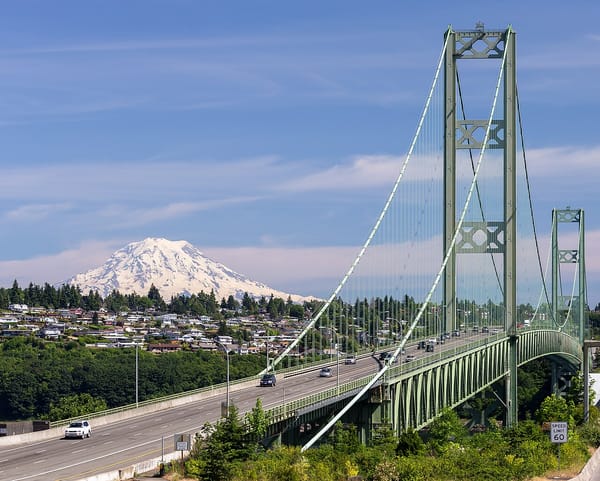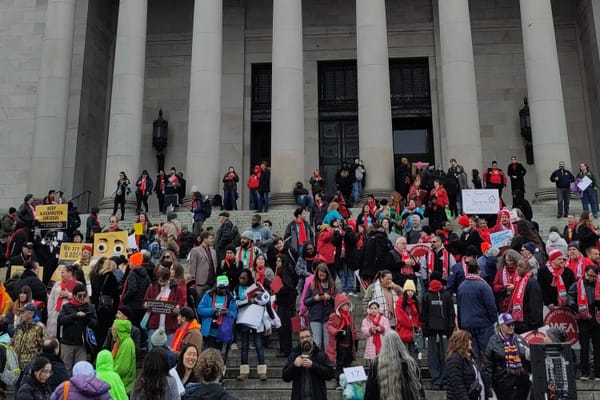Cascadia today: read two of my latest articles over the weekend!
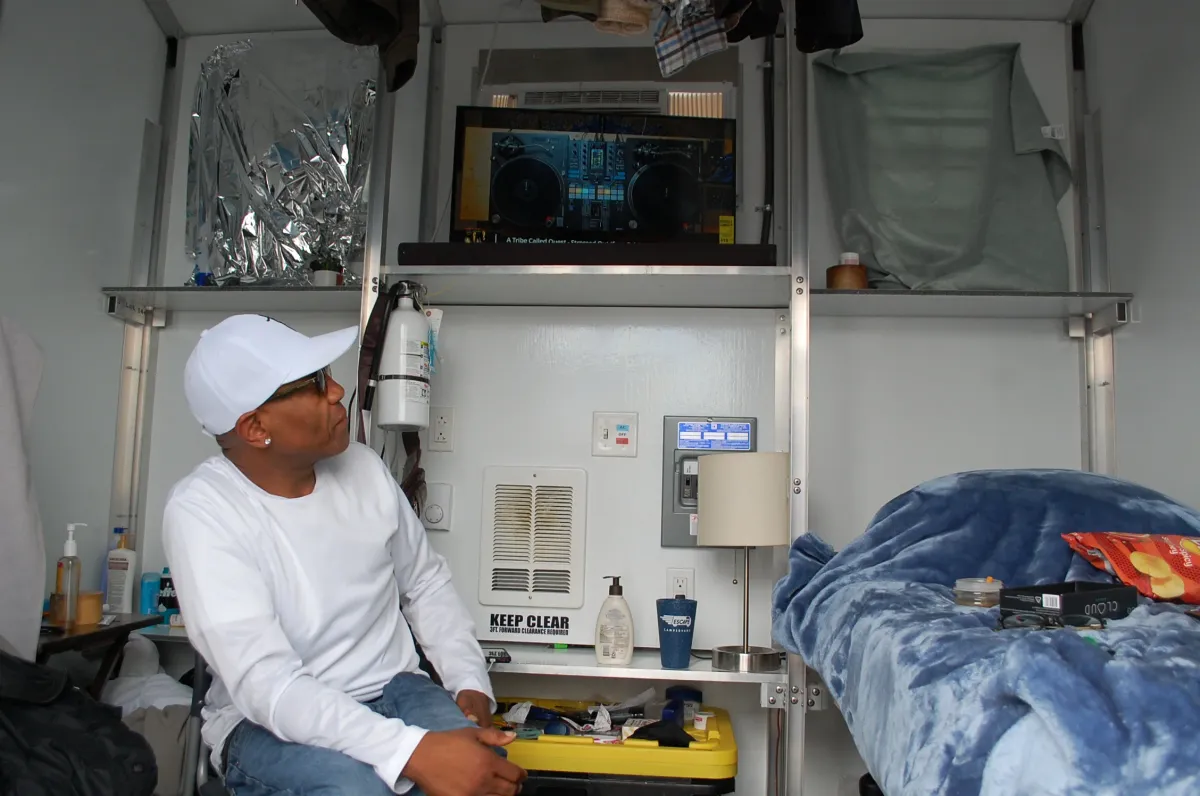
Good afternoon! I was going to take the day off, but it so happens that two recent articles of mine published today, so I thought you might like to read them over the long weekend.
I'm honored to write for independent media outlets like PubliCola and The Urbanist, which value articles that cover issues at a deeper level than most mainstream outlets. Journalism is in crisis now, so it's critical that – if you have the financial means – you consider supporting these publications with subscriptions or donations. Also, your financial support for this newsletter, Cascadia Journal, helps me pay the bills while still doing in-depth reporting and investigative journalism that I hope helps makes our region more resilient.
For several years now, I've written reporting on the fentanyl overdose crisis that tries to go beyond stereotypes, talks with people affected, and examines what evidence-based approaches appear to be working. Today, another piece published.
What's behind Seattle's recent decline in fatal overdoses?
At PubliCola, you'll find my deep dive looking at the reasons behind a two-year decline in the fatal overdose rate in Seattle. Outgoing mayor Bruce Harrell and city attorney Ann Davison credit at least part of the decline to an increase in arrests and convictions for drug charges – but public health officials claim the decline has more to do with increased access to treatment options, widespread prescription of buprenorphine, and a massive campaign to distribute the overdose prevention medication naloxone.
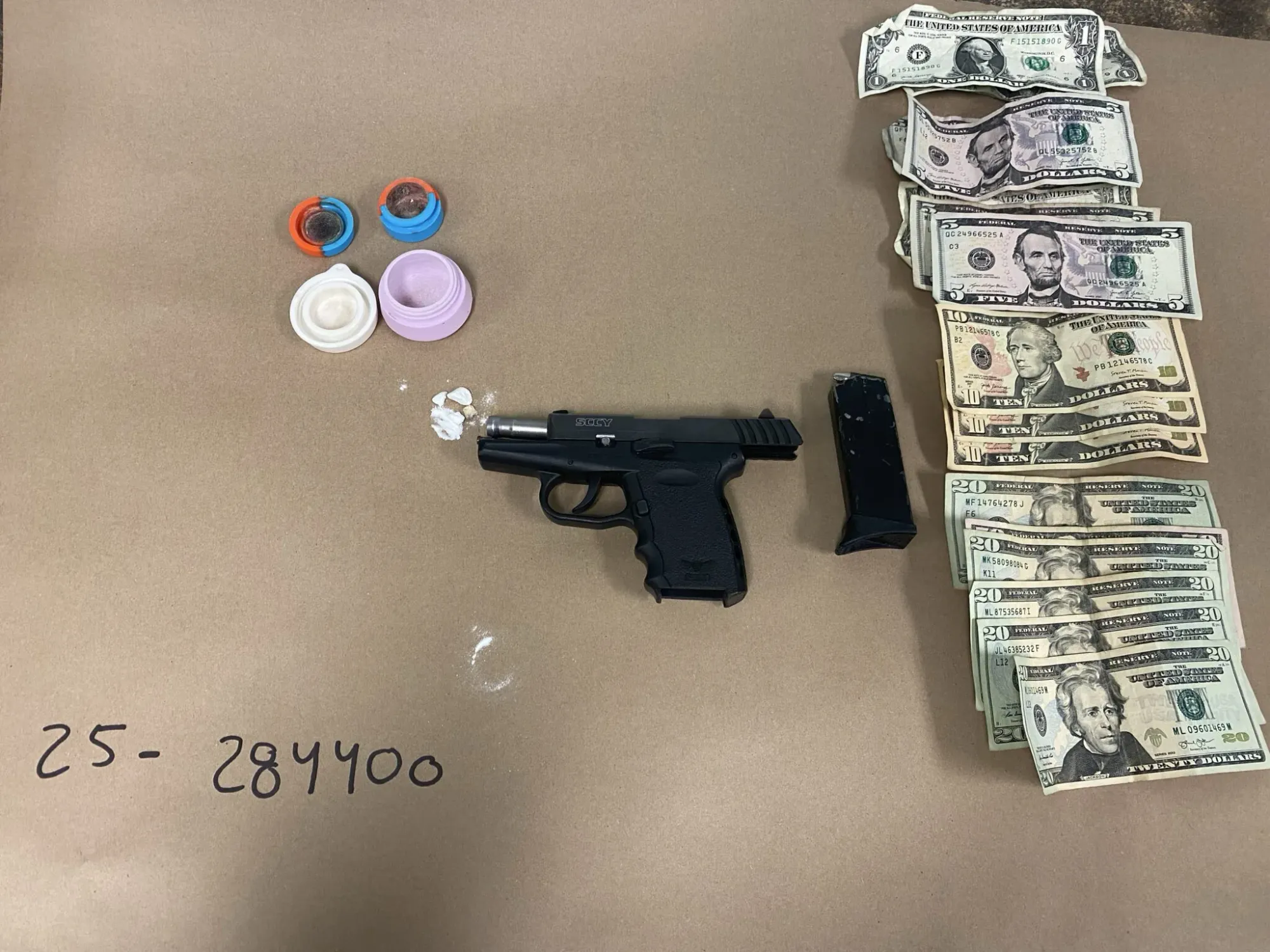
The Seattle Police Department, however, continues to believe that low-level drug arrests are the solution, posting a bunch of blog posts in September highlighting arrests typically involving such hauls as "a handgun, $203 cash, and 0.9 grams of Fentanyl.” However, in the piece I interviewed recent MacArthur Foundation "genius" grant winner, scientist Nabarun Dasgupta, whose research shows that low-level drug arrests actually increase overdose risk:
“There’s no reliable evidence that drug seizures of this magnitude lead to declines in overdose,” Dasgupta said. A peer-reviewed study of trends in drug arrests and overdose rates in Indianapolis, published in the American Journal of Public Health in 2023, found that on average, one week after a police drug seizure, the number of fatal overdoses doubled within a 500 meter radius of the arrest.
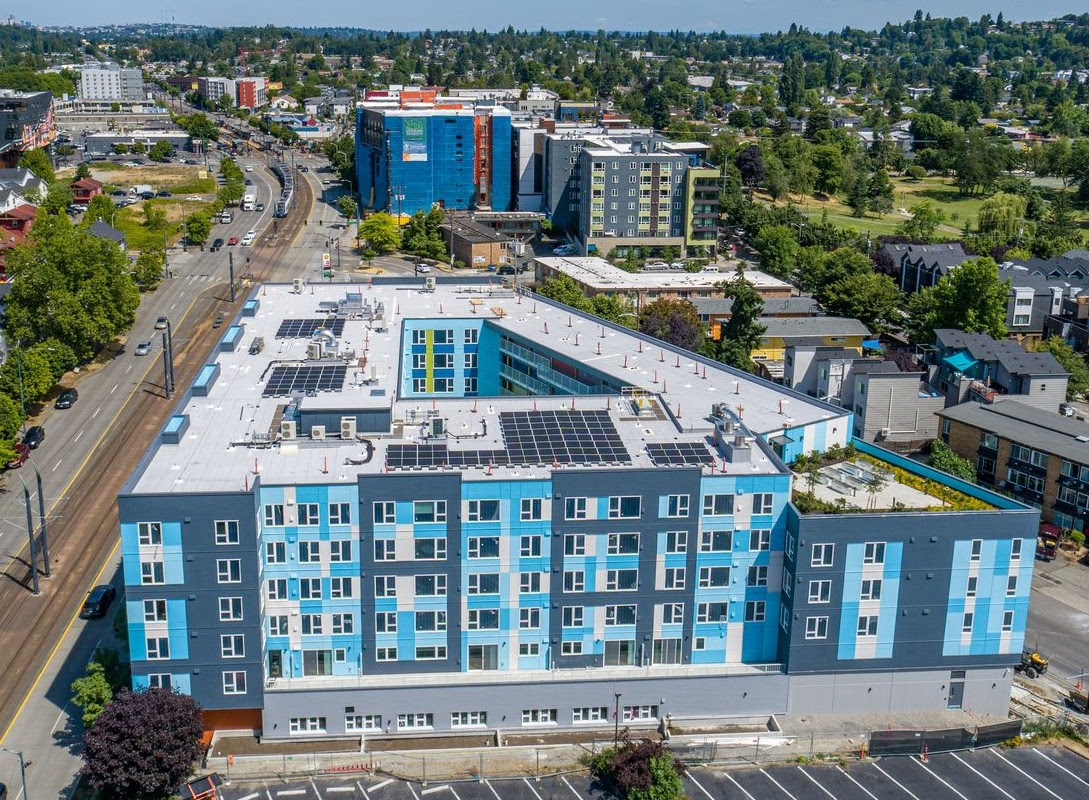
Affordable housing expands in Seattle's south end
Over at The Urbanist, I wrote about a handful of new affordable housing projects coming to Seattle's south end and central district, including Nichols Court, six-story, 148-unit complex near the Othello light rail station and Sam Smith Apartments, a 50-unit complex named for Seattle's first Black city council member and a strong proponent of affordable housing. Both of the projects are focused on providing 2- and 3-bedroom units that serve multi-generational families.
“We listened to the community, and [the] community was very clear,” said Michael Seiwerath, executive director of SEED. “They wanted rents at lower income levels and they wanted family-sized units. Multi-generational housing for new Americans and longtime residents.”
Thanks for reading my journalism and caring about issues across Cascadia! Have a good holiday weekend. --Andrew

